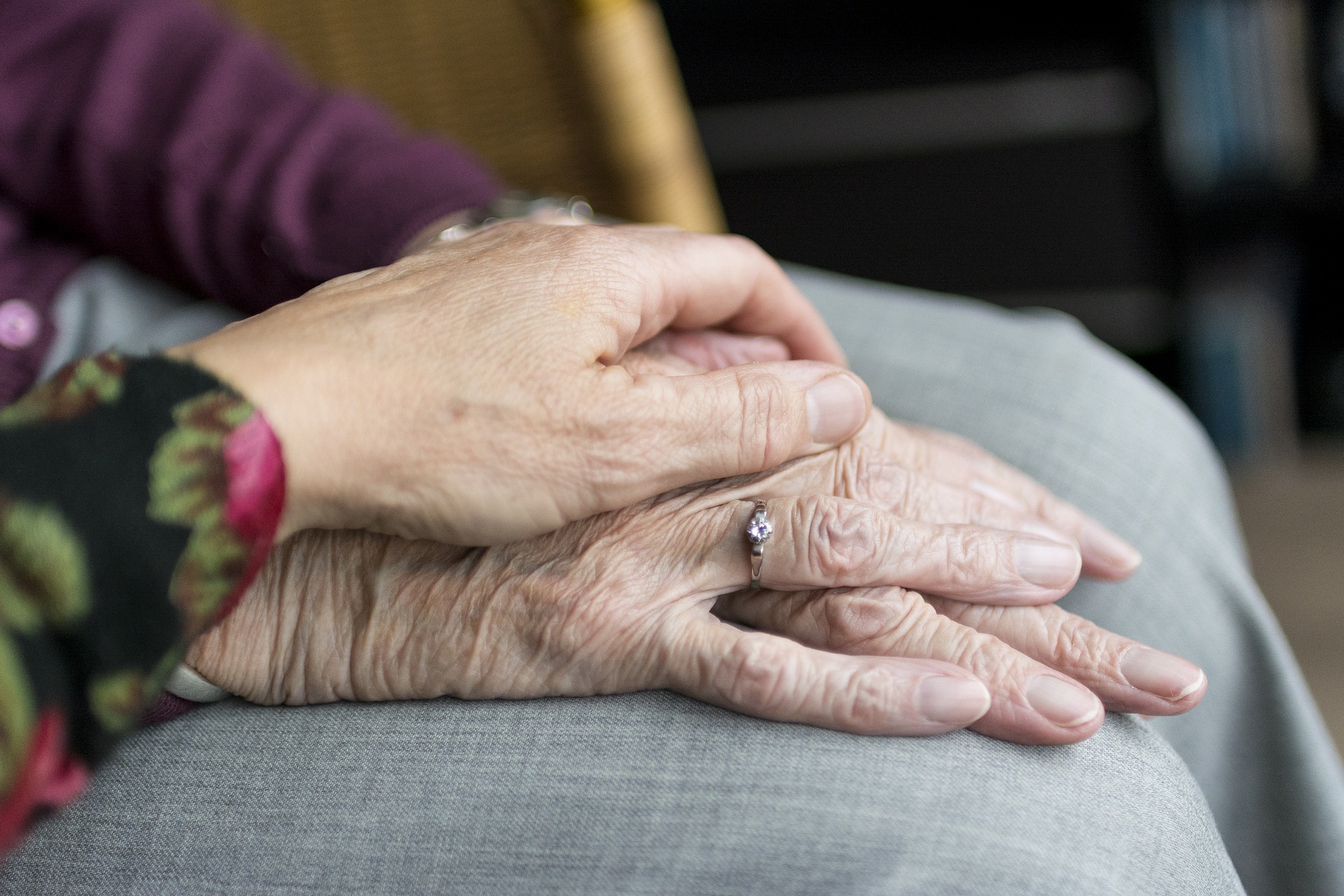 Health & Physiology
Health & Physiology
Age matters: how aging affects cancer
Even though aging is the main risk factor for cancer, the age of a patient is still not generally accounted for in cancer research and clinical trials. We found that an aging-induced substance in the blood promotes cancer aggressiveness, revealing that age is an important factor to consider when developing personalized anti-cancer therapies.

Aging is the main risk factor for cancer, with more than 60% of cancer diagnoses occurring in those aged 65 and above. Yet, the vast majority of cancer research that guides the discovery of novel therapeutic targets and clinical trials neglects to account for the individual’s age. In a new study, we explored how differently cancer may develop depending on age.
Cancer is the uncontrolled growth of abnormal cells in the body, frequently seen as old cells that never die. These abnormal cells grow and reproduce very quickly, forming tight relationships in their microenvironment with the surrounding normal cells, which usually support tumors’ growth and malignant progression. As an organism ages, cells throughout the body lose their ability to function, byproducts (unintended products) and waste molecules build up in blood circulation and within tissues, and connective tissues become stiffer restricting blood flow and oxygen supply. These collectively lead to damage to the building blocks of cells (DNA, proteins, and lipids) and create vastly reprogrammed microenvironments.
Thus, it is natural to think that a cancer growing in an old person is likely to progress differently than a cancer growing in a young person. To shed some light into this, we examined if blood in young and old healthy people would affect how cancer cells progress. We observed that cancer cells exposed to blood serum (a major portion of blood) from old people were more aggressive – spreading more to other parts of the body (this event is called metastasis) – and less sensitive to anti-cancer drugs. This finding demonstrates that cancers developing in old people are in fact more aggressive than the ones developing in young people.
Next, we questioned what in the blood of old people could promote more aggressive cancers. Profiling the molecules in the blood showed that changes in metabolites were responsible for the increase in cancer aggressiveness. This demonstrated that alterations in the body’s metabolism as one ages profoundly impact how cancers develop and how aggressive they become. We went on to determine the identity of specific metabolites responsible for this effect. Our results demonstrated that a specific metabolite – called methylmalonic acid – accumulated in older people’s blood and it was, at least in part, responsible for the increase in aggressiveness of cancers in older individuals. Furthermore, we found that elevating methylmalonic acid levels in the blood of mice (model animals that bear physiological features similar to humans) was sufficient to cause cancer aggressiveness – including an increase in tumor size, metastasis and mortality.
Methylmalonic acid is a byproduct of normal metabolism, and is produced in very small amounts in healthy and young individuals. However, in certain genetic disorders or in pathological conditions, excess amounts of this metabolite can be produced. One such condition that leads to the elevation of methylmalonic acid in blood circulation is vitamin B12 deficiency. Therefore, we asked if vitamin B12 deficiency caused the increase in methylmalonic acid in the blood of older people. However, our results did not establish a clear cause and effect. While the overall levels of vitamin B12 in old blood were lower than in young blood, the decrease was small and unlikely to explain such methylmalonic acid accumulation. Understanding what causes this accumulation of methylmalonic acid in blood circulation with age will require future research. Once determined, this mechanism may prove to be an important therapeutic target to develop efficacious drugs to treat cancer in older people.
In conclusion, this work demonstrated that the way a cancer develops in a young body is not the same as it develops in an old body. Therefore, our work highlights the need to consider the age of individual cancer patients in future cancer research and clinical trials that lead, which would, in turn, allow us to invent possible age-specific anti-cancer therapies.
Original Article:
Gomes A, Ilter D, Low V et al. Age-induced accumulation of methylmalonic acid promotes tumour progression. Nature. 2020; 585(7824):283-287.
Next read: Modern stressors of gut microbes by Emilie Viennois , Benoit Chassaing
Edited by:
Dr. Akira Ohkubo , Associate Editor
We thought you might like
One run a day keeps the...cancer away!
May 5, 2016 in Health & Physiology | 3.5 min read by Per thor Straten , Manja IdornObesity: The heavyweight of cancer
Apr 12, 2018 in Health & Physiology | 4 min read by Daniela Quail , Oakley Olson , Johanna JoyceEmpowering the immune system to fight against cancer
Oct 22, 2018 in Health & Physiology | 3.5 min read by Giovanni GermanoDrive out the “bad bugs” to prevent colon cancers
Oct 31, 2018 in Microbiology | 3.5 min read by Cynthia L. SearsMore from Health & Physiology
How obesity can improve the efficacy of cancer treatment: role of the sex hormone estrogens.
Dec 3, 2025 in Health & Physiology | 3.5 min read by Eloïse Dupuychaffray , Carole BourquinTobacco smoking and other exposures shut off cancer-fighting genes
Aug 31, 2024 in Health & Physiology | 3 min read by Jüri Reimand , Nina AdlerA hidden clock that times cytoplasmic divisions
Aug 30, 2024 in Health & Physiology | 3 min read by Cindy OwWhen two kinases go for a dance
Aug 2, 2024 in Health & Physiology | 4 min read by Ioannis Galdadas , Francesco Luigi Gervasio , Pauline JuyouxAwakening the thymus to cure SARS-CoV-2 infection: a matter of genes
Jul 27, 2024 in Health & Physiology | 3.5 min read by Stefano Marullo , Cheynier RemiEditor's picks
Trending now
Popular topics


